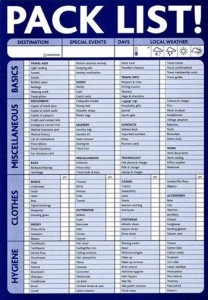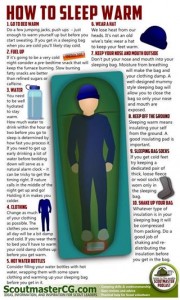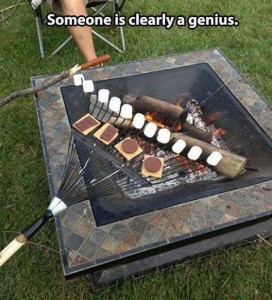1. PRACTICE, PRACTICE, PRACTICE!
This has to be the all-time best tip you can get. You can read all the information you want, but the only way to truly learn is by doing it over and over. It’s how you learned to drive your car, right? So take some cones and mark out pretend scenarios, like backing into a campsite, turning through some tight corners, etc. Learn how your RV reacts, how long it takes the trailer to turn and how much extra room it takes to make that turn. This is also a good time to get a feel for the braking. Towing a trailer makes the stopping distance greater and the braking practice will give you a sense of how much distance is going to be a safe distance to stop.
2. RESPECT THE WEIGHT
One thing you have to appreciate is how much mass you are moving around. With the trailer hooked up, your movements must be slow, steady and deliberate. If you perform any jerky movements, you’re not going to be able to correct the motion the same way as in a car. I see this issue all the time on the freeway when folks pulling trailers do a jerky quick lane change and then spend 10 seconds trying to get the trailer to stop fish tailing. When braking, remember that even though you may have electric trailer brakes, they won`t stop on a dime. Always give plenty of space in front of you in case a panic stop takes place ahead.
3.NO DISTRACTIONS
When you’re towing it’s your responsibility to have complete attention on the truck, trailer and road. Don’t be chatting on the phone, playing with the radio, trying to read the map, etc. Unlike a car, your recovery and reaction time is limited due to the weight and size of your RV.
4. MIRRORS USE THEM!
Mirrors are your best friend when towing. Make sure you set yourself up with ones that are big enough and set far enough out from the vehicle to see all the way down the trailer side to its back. I set mine so I can see both the trailer walls and the tires. This way I can see if a tire is running low, or worse of one is blown. The next thing to do is add blind spot fish eye type mirrors. With these, you can see vehicles that might sneak up beside you.Keep your mirrors clean!
5. CORNERING
The fifth wheel is going to demand some extra care and attention when taking sharp corners. When you take these corners, the trailer is going to track a path inside that of your tow vehicle. How much depends on the length of your RV and is something that is important you get to know as soon as possible. The more you practice, the better feel you’ll have as to how wide of turn you will need. During the turn take it slow, and check your mirrors to make sure the trailer is clearing the corner. Also, keep in mind that the back-end of the trailer will swing wider than the tow vehicle path, so allow space for this.
6. PLAN YOUR ROUTE
This can save you much time and aggravation. When you are touring around in a car it’s so easy to turn around, get fuel, and deal with any type of roadway. Not so much when your vehicle is 40 – 65 feet long and 12 – 14 feet high. Always plan ahead and know where you’re going with the trailer before departing. It is important to know the terrain that you’ll be towing through: is it very hilly, too curvy, does it have a rough road, etc.
7. PAY ATTENTION TO YOUR TIRES
A big problem fifth wheels trailers face is blow out of the tires. All the weight and stress eventually is only on that little patch of rubber meeting the road. I watch my tires like a hawk. Before every tow I check the pressure, lug nut torque, and visually inspect the sidewall and treads.
8. OUR GUSTY FRIEND WIND
I find wind to be the biggest enemy to my trailer towing experience. Being that the RV is nearly 13-feet high and box-shaped any sort of wind has a dramatic effect. The worse scenario I’ve experienced is on the big Interstate Highways when traveling among the tractor trailers. When it’s really gusty and they are passing by you pushing a lot of air themselves there’s a “push-pull effect” that happens that you must be aware of. Wind also devastates fuel mileage and is hard on the truck trying to pull an RV through it. It’s worse too if you add hills into the equation. I always check the weather and tend to plan my tow days around the wind.
9. TAKE YOUR TIME
Remember that traveling in the RV is not a race and meant to be enjoyable. Make sure that you don’t overdo the mileage. I tend to stick to between 100 – 250 miles as a nice distance to travel in a day. I feel any longer than that and you start to speed and get tired; two really bad things on the highway.









